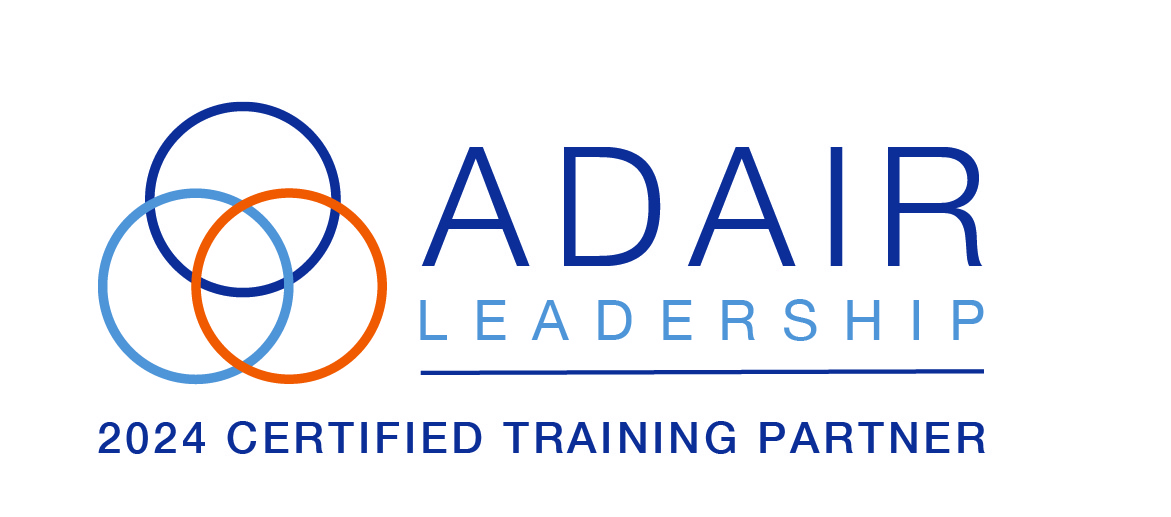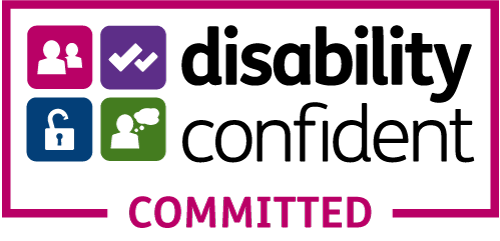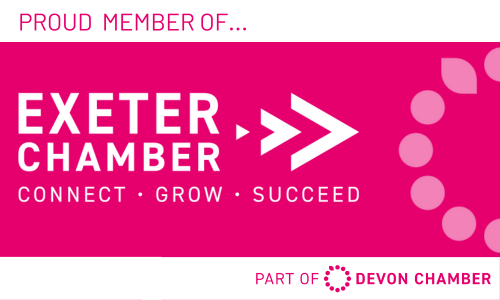Understanding NDAs – What’s Changing and Why It Matters

📌 What is an NDA?
An NDA (Non-Disclosure Agreement) is a legal contract that asks someone to keep certain information private. They’re often used in jobs or when someone leaves a company, and they can be part of a bigger contract or a standalone document.
NDAs can be:
-
One-way – only one person agrees to keep things secret.
-
Mutual – both sides agree to keep each other’s information private.
✅ When NDAs Are Useful
NDAs can help protect:
-
Business secrets or sensitive company information
-
Intellectual property (like inventions, processes, or designs)
They must be:
-
Clear – about what info is covered and for how long
-
Fair – not too broad or vague
-
Voluntary – people should not feel pressured to sign
-
Understandable – written in plain English
If they aren’t, they may not hold up in court.
🚫 What NDAs Can’t Do
Even with an NDA, a person can still:
-
Report a crime to the police
-
Blow the whistle on wrongdoing
-
Speak to a doctor, lawyer, or regulator
-
Share information that’s already public
-
Tell the truth if required by law
⚠️ Why Are NDAs Controversial?
Some employers have used NDAs to silence workers who tried to speak out about harassment or discrimination. Many of these workers were in low-paid or insecure jobs, didn’t know their rights, and were afraid to speak up.
This misuse has led to growing concern – and calls for change.
🧾 What’s Changing? (New Law Coming 2026)
The Employment Rights Bill is expected to become law in late 2025 and take effect in 2026.
Under the new law:
-
NDAs can still be used to protect business or commercial secrets.
-
But they can’t stop someone from talking about harassment or discrimination, even if they signed one.
-
This applies to current and former workers, and possibly soon to contractors, volunteers, trainees, and interns too.
-
It covers bad behaviour by the employer or by someone else at work.
Important: The changes don’t currently apply to complaints about an employer not making adjustments for someone with a disability.
💼 What Employers Should Do Now
-
Review your NDAs and confidentiality clauses to make sure they’re fair, legal, and ethical.
-
Avoid using NDAs to cover up workplace problems – it can lead to legal trouble and damage your reputation.
-
Act soon: NDAs signed before the new law takes effect will still be valid. So if you need to settle a case under current rules, don’t delay.
🔍 Bottom Line
NDAs are useful tools when used properly. But they should never be used to silence serious workplace issues. The upcoming legal changes are designed to protect workers’ rights and encourage transparency.
Get in touch to discuss your HR and leadership ambitions
More information
Built with Gusto



